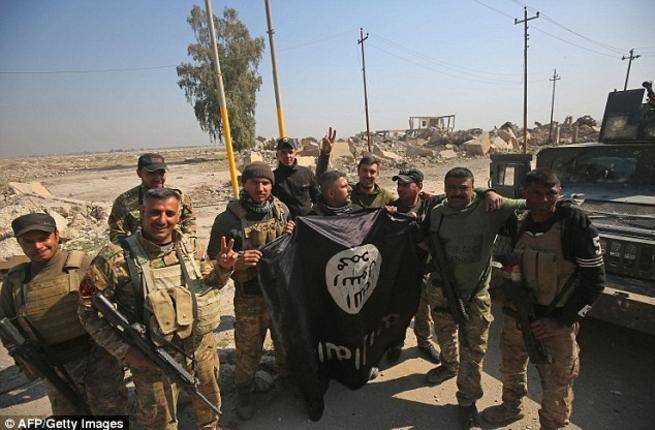

This was the first clear indication of the fact that within the fold of the Muslim community there was quite a large number of saboteurs who were always ready to conspire with the external enemies to harm their own brethren.

They played their part and did their best to create mischief and chaos in the ranks of the Believers during the battle. A small band of hypocrites, however, remained among the seven hundred who accompanied the Prophet. While they were marching to the battlefield, three hundred hypocrites deserted the army and returned to Al- Madinah to discourage the believers. The Prophet started out of Al-Madinah with one thousand men to fight the enemy. As a result the Qureysh marched against Al-Madinah with an army of 3000 warriors and a battle took place at the foot of mount Uhud. Jews even approached the Qureysh and challenged their ego to avenge the defeat they had suffered at Badr and promised to help them from within. Whenever the Prophet happened to be out of sight even for a short while, they would at once set out in search of him. His Companions used to sleep in their armor and keep watch at night to guard against any sudden attack. The magnitude of the peril may be judged from the fact that even the life of the Prophet himself was always in danger. After the Battle of Badr, they openly began to approach various Arab clans against the Muslims. They had discarded the treaties to the extent that during the Battle of Badr, these "People of the Book" sided with the mushrik Qureysh (in spite of the fact that their fundamental Articles of Faith - such as Oneness of Allah, Prophethood and life after death - were the same as those of the Muslims). The Jewish clans, who lived in the suburbs of Al-Madinah, started discarding the treaties of alliance which they had made with the Prophet at his arrival from Makkah. This state of emergency was also adversely affecting its economy which had already been badly disturbed by the influx of Muslim refugees from other places. Threatening events had begun to appear on all sides and the Muslims were in a perpetual state of fear and anxiety. Their victory had aroused the enmity of all those powers in Arabia which were opposed to the Islamic movement. Though they had come out victorious in the Battle of Badr, they were not out of danger yet. The believers had met with all sorts of trials and hardships about which they were forewarned in Surah Al-Baqarah. At the same time, the Muslims are instructed to nourish the virtues that may enable them to carry out their obligation of spreading the Divine guidance. Similarly, in this Surah, the Christians are admonished to give up their erroneous beliefs and accept the guidance of the Qur'an. As in Surah Al-Baqarah, the Jews were invited to accept the guidance.


 0 kommentar(er)
0 kommentar(er)
